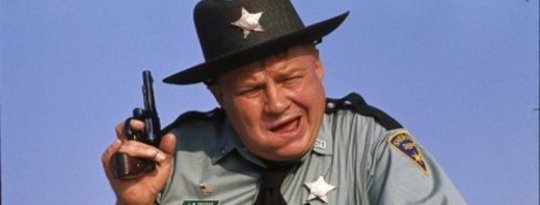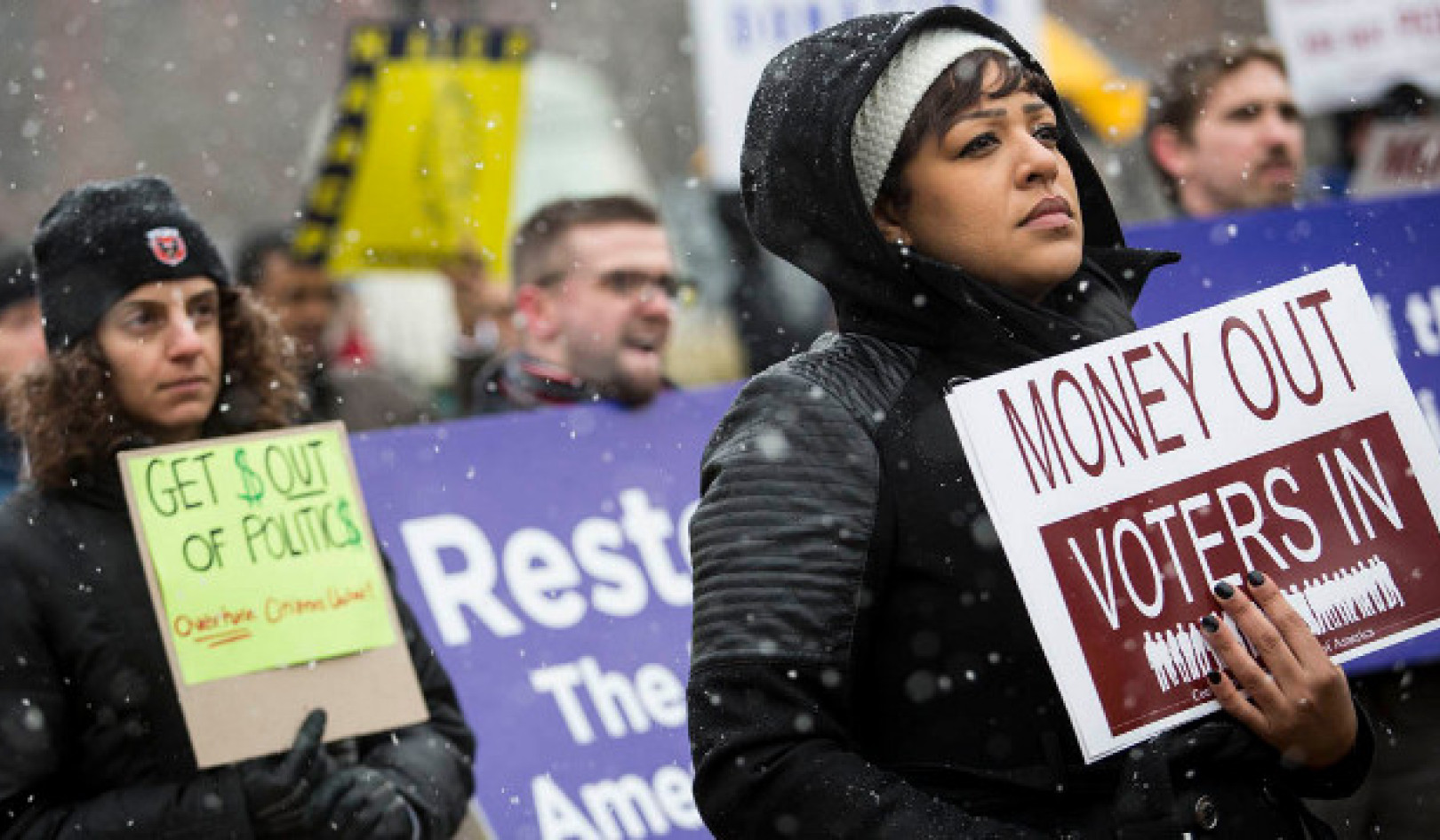
Taken - Under civil forfeiture, Americans who haven’t been charged with wrongdoing can be stripped of their cash, cars, and even homes. Is that all we’re losing?
On a bright Thursday afternoon in 2007, Jennifer Boatright, a waitress at a Houston bar-and-grill, drove with her two young sons and her boyfriend, Ron Henderson, on U.S. 59 toward Linden, Henderson’s home town, near the Texas-Louisiana border. They made the trip every April, at the first signs of spring, to walk the local wildflower trails and spend time with Henderson’s father. This year, they’d decided to buy a used car in Linden, which had plenty for sale, and so they bundled their cash savings in their car’s center console. Just after dusk, they passed a sign that read “Welcome to Tenaha: A little town with BIG Potential!”
They pulled into a mini-mart for snacks. When they returned to the highway ten minutes later, Boatright, a honey-blond “Texas redneck from Lubbock,” by her own reckoning, and Henderson, who is Latino, noticed something strange. The same police car that their eleven-year-old had admired in the mini-mart parking lot was trailing them. Near the city limits, a tall, bull-shouldered officer named Barry Washington pulled them over.
He asked if Henderson knew that he’d been driving in the left lane for more than half a mile without passing.
No, Henderson replied. He said he’d moved into the left lane so that the police car could make its way onto the highway.
Were there any drugs in the car? When Henderson and Boatright said no, the officer asked if he and his partner could search the car.
The officers found the couple’s cash and a marbled-glass pipe that Boatright said was a gift for her sister-in-law, and escorted them across town to the police station. In a corner there, two tables were heaped with jewelry, DVD players, cell phones, and the like. According to the police report, Boatright and Henderson fit the profile of drug couriers: they were driving from Houston, “a known point for distribution of illegal narcotics,” to Linden, “a known place to receive illegal narcotics.” The report describes their children as possible decoys, meant to distract police as the couple breezed down the road, smoking marijuana. (None was found in the car, although Washington claimed to have smelled it.)























